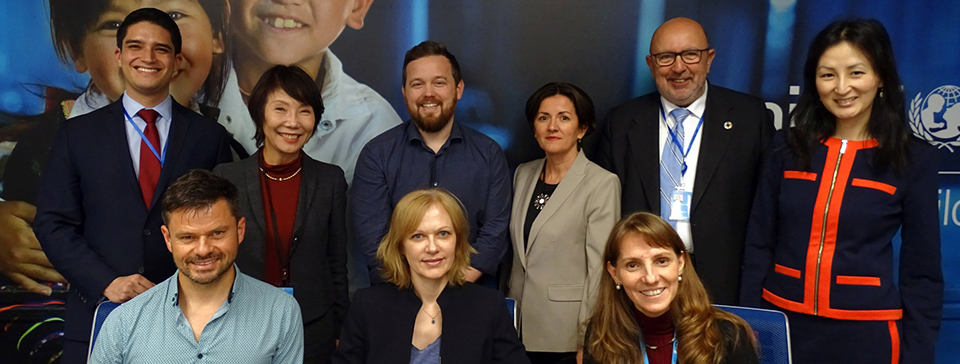
The team of family policy experts have compiled a Synthesis Report ‘Key Findings on Families, Family Policy and the Sustainable Development Goals’ to analyse how these policies are being used to meet the SDGs. It was presented on May 16th, 2018 at the UN Headquarters in New York, with the participation of a good number of Member States, academic experts and representatives or civil society.
The report summarises the evidence across six SDGs: poverty; health; education; gender equality; youth unemployment; and ending violence – all of which can be positively impacted by well-designed family-focused policies. By analyzing over 150 quality-assured family policy studies, evaluations and literature reviews, every region of the world is covered, with the sole exception of the Middle East.
Evidence across the six SDGs shows that family-focused interventions are often positively evaluated, with desired effects on family outcomes being achieved to varying degrees in the majority of cases across all goals. However, there is no ‘silver bullet’ in family policy or programme design. Instead, aspects of different policies are shown to be effective when designed for a specific purpose. Additionally, implementation choi¬ces impact results, including where the policies are hosted and who is involved in their application.
Spill-over effects of policies from one SDG to another were observed. For example, well-designed family poverty interventions have positive spill-overs into education and health. This indicates opportunities for optimizing effects within and across social progress measures by integrating policy portfolios. Equally, poorly-designed policies can negatively impact the outcomes in other goal areas, highlighting the need to consider the order of interventions. For example, efforts to address employment outcomes for women will be sub-optimal whilst gender inequality in leave entitlements continue to exist.
